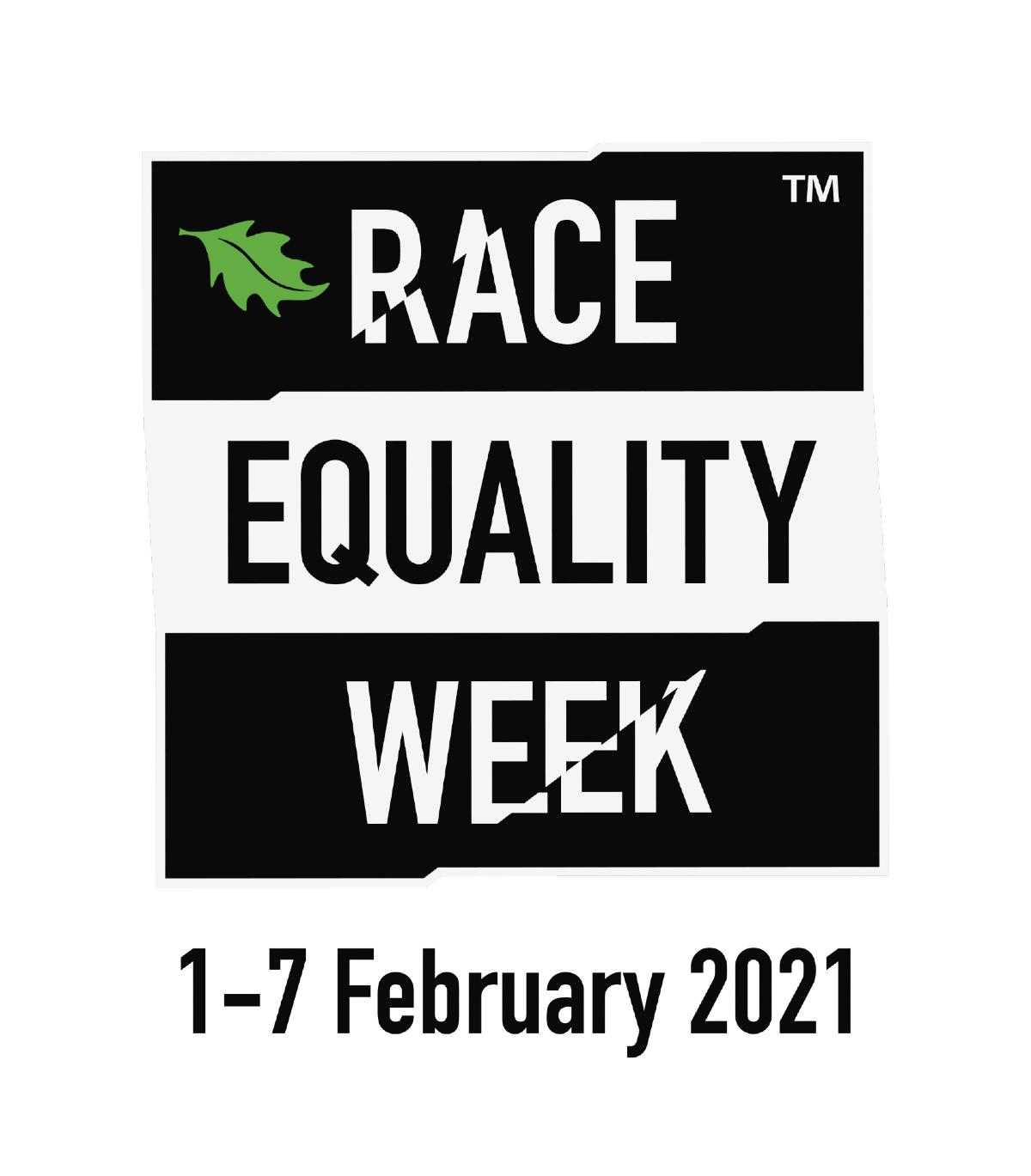Most minority ethnic groups in England have a higher proportion of older people who live with long-term conditions, in comparison to their white British counterparts.

This is according to a new report published by The Lancet, which reveals the results of the largest ever study of health inequalities among BAME communities.
The study, Ethnic inequalities in health-related quality of life among older adults in England: secondary analysis of a national cross-sectional survey, set out to analyse inequalities in older adults [those aged over 55] across all ethnic groups in England.
It used health-related quality of life (HRQoL) measurements, along with five determinants of health, to identify ethnic inequalities among a surveyed sample of 1.4 million older people in England.
The findings highlight that determinants of health and HEQoL outcomes vary widely between older white British people and those who belong to minority ethnic groups, with the disparities often being greater for women than men.
Understanding the implications

‘Self-care’ was identified as the HRQoL domain for which ethnic inequalities were often the widest, and the researchers found evidence of ethnic inequalities across a range of other determinants of health, including:
- multi-morbidity
- health-care experiences
- support from local services
- and social deprivation
In addition, the study found that the average HRQoL decrement among some ethnic groups [Bangladeshi, Pakistani, Arab, and Gypsy or Irish Traveller] was actually similar, or greater to, the equivalent of being 20 years older than your actual age.
Data for the study was collected by analysing responses to the English General Practice Patient Survey (GPPS), recorded between July 2014 and April 2017.
Commenting on the implications of their findings, the researchers said:
We recommend further research to understand the drivers of inequalities, together with policy changes to improve equity of socioeconomic opportunity and access to services for older adults from minority ethnic groups
Designing services that engage and serve all communities

The CSP is encouraging its members to read, review and share the findings of the study – and to think about how their own services could take steps to address these inequalities.
Karen Middleton, CSP chief executive, said: ‘The scale and causes of these inequalities for people have been known for some time but remain truly shocking when expressed in these terms.
Among a number of factors, the report highlights the consequences of living with a long-term condition and this demonstrates how essential it is that we succeed in our mission to ensure everyone has access to high-quality rehabilitation services.
‘But it is equally clear that too many people from ethnic minorities have had poor experiences when accessing healthcare services, including physiotherapy.
‘This damages trust, which in turn breeds a reluctance to access the care that can make a real difference.
'It is why it is so important that all professions reflect on how they can educate themselves and design their services to engage and meet the needs of the communities they serve.
Health inequalities are multi-layered and so must be our response. It will take honesty and investment but it must happen now

Race Equality Week
Following on from the publication of the Lancet study, this week is Race Equality Week.
This UK-wide initiative aims to raise awareness of racial inequality, in particular within the workplace, and inspire organisations and individuals to work together to address the issues affecting ethnic minority employees.
The awareness week has been organised by Race Equality Matters, a not for profit community interest company.
More information about the week is available here
Find Out More
Number of subscribers: 2



































